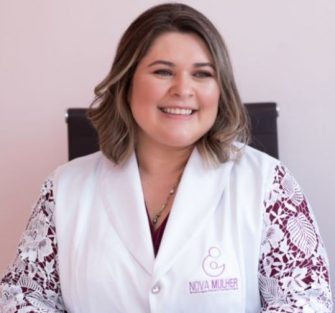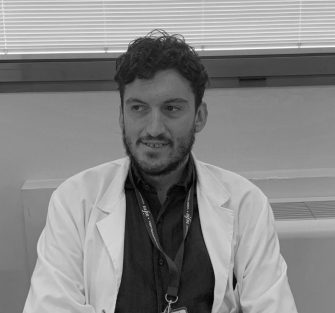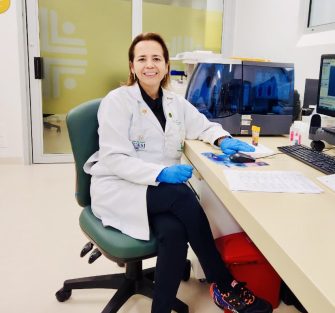Empowering hospitals around the globe by providing free access to cutting-edge AI tools.
Collaborate With Us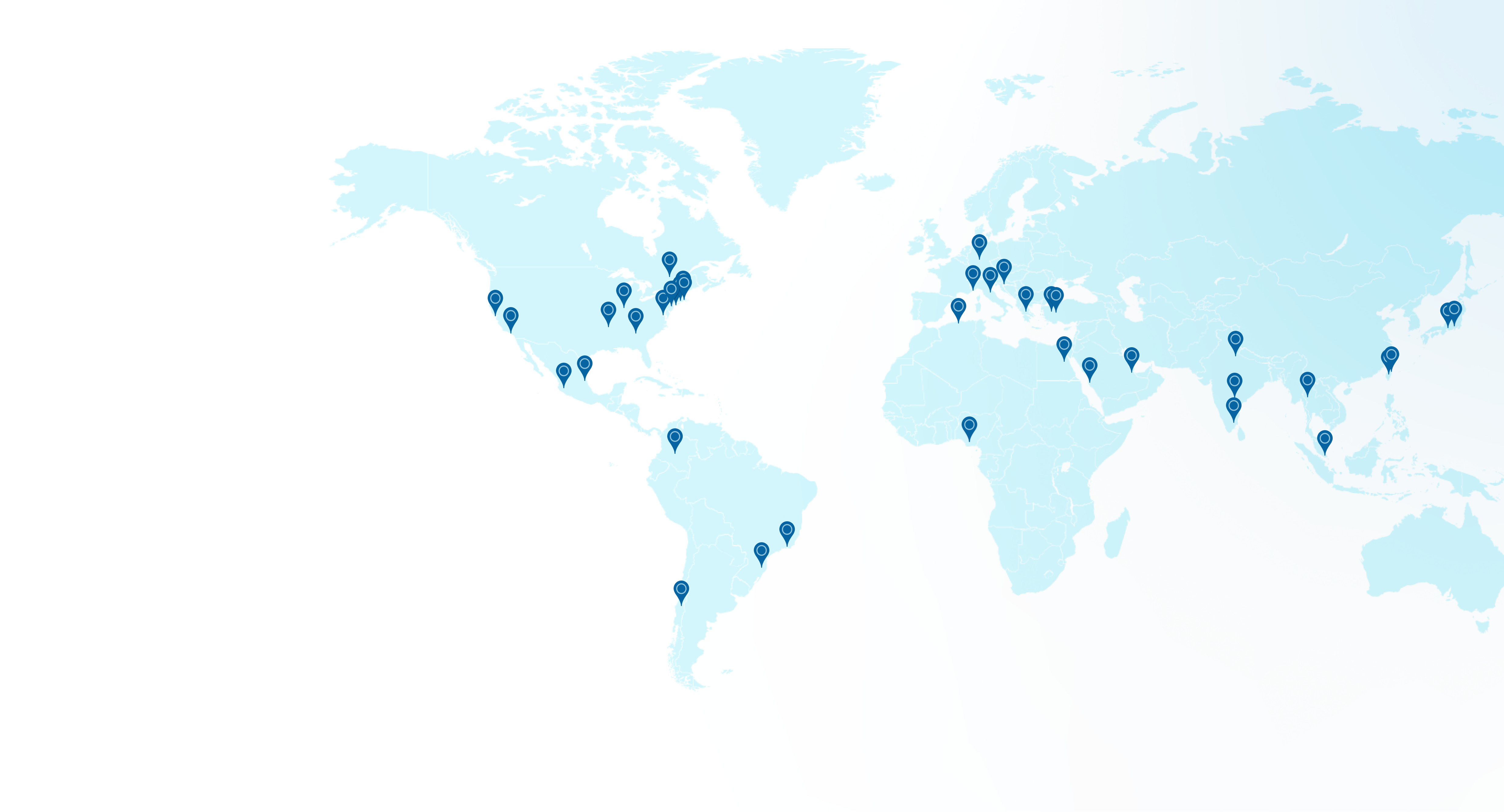
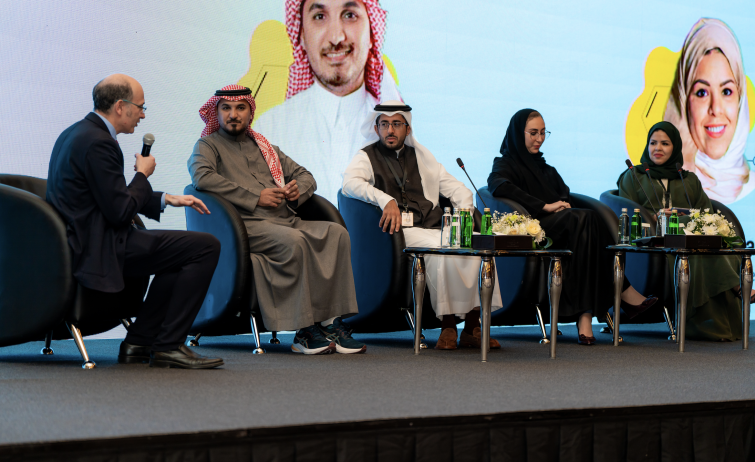
We believe that AI presents a powerful opportunity to tackle challenges faced by health care systems worldwide.
With the support of Wellcome Trust, we’re teaming up with hospitals around the globe to bring AI into mainstream healthcare.
In providing free access to an array of cutting-edge AI tools, we hope to contribute the unique expertise of Jameel Clinic researchers to empower healthcare systems by accelerating the mainstream usage of AI tools on a global scale.
The effective adoption of clinical AI tools goes beyond creating them — it requires community engagement and the support of advocates within healthcare systems and patient organizations.
Collaborate With UsOur Toolkit

Closing the gap
While there have been significant advances in AI, there is still very little AI incorporated into routine patient care, even in technologically advanced nations.
Contrary to popular belief, technical limitations play a very small role in the adoption of clinical AI. Instead, it is unfamiliarity and lack of trust contributing to the gap between what clinical AI tools are capable of and what tools are currently being used in clinical care.

Developing trustworthy AI
Our work focuses on 1. transparency and interpretability and 2. patient data privacy. The inability of current deep learning models to consistently deliver on both accounts has resulted in serious failures that impact patient care and breach public trust.
To build trust, our machine learning researchers work with physicians to ensure that the AI models are understandable to their users and can readily incorporate feedback while they are being used in clinical settings while strengthening their data privacy.
The scale and computational power needed for bold ideas to work is not possible without the support of grants, foundations, and donors. Your support would enable MIT Jameel Clinic to make a better, healthier future for all.
Give Now
We are learning from large scale deployment and assessing the impact of AI by collaborating closely with clinicians and measuring patient outcomes.
Collaborate With UsPeople















